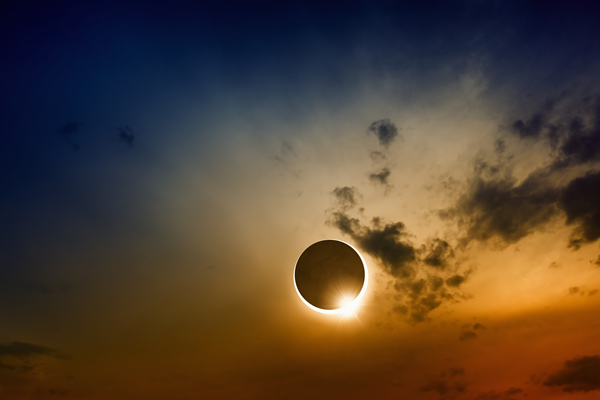
As the excitement builds for the upcoming solar eclipse, many pet owners are wondering how this celestial event might affect their furry companions. While the solar eclipse is a captivating phenomenon to behold, it’s essential to consider the safety and well-being of our pets during this time. In this blog, we’ll explore some important tips for keeping your pets safe and comfortable during the solar eclipse, drawing insights from expert advice and scientific research.
Protecting Your Pet’s Eyes
One common concern among pet owners is whether the solar eclipse poses a risk to their pet’s eyes. According to veterinary ophthalmologists, pets are unlikely to be affected by the eclipse in the same way humans are. While humans may be curious and look up at the sun during an eclipse (which is highly discouraged!), pets don’t typically look at the sun – eclipse or not – so there is little need to worry about the eclipse harming your pet’s eyes. However, if you plan to observe the eclipse yourself, be sure to wear appropriate protection as recommended by the American Academy of Ophthalmology.
Unusual Behavior During the Eclipse
During a solar eclipse, the sudden drop in light levels and temperature may trigger unusual behavior in some pets. One study published in the journal Animals (Basel) in 2020 suggests that animals may exhibit behavior changes during an eclipse due to disruptions in their circadian rhythms. Therefore, it’s essential to provide a safe and comfortable environment to help alleviate any anxiety or restlessness they may experience.
Researchers have studied animals’ reactions during past eclipse events. Crickets were heard chirping and bees were observed returning to their hives. Baboons in captivity showed increased grooming and orb-weaver spiders took apart their webs. You can participate in research investigating animal behavior during a solar eclipse on the SciStarter website or through other citizen science initiatives.
Enjoying the Eclipse Safely
While it’s natural to want to experience the solar eclipse firsthand, it’s important to prioritize your pet’s safety. Instead of bringing your pet outside to witness the eclipse, consider creating a cozy indoor environment where they can feel secure and relaxed with or without you. If needed, you can also engage in indoor activities or provide special treats to help distract them during the eclipse. Crowded viewing areas are not a safe place for your pet.
